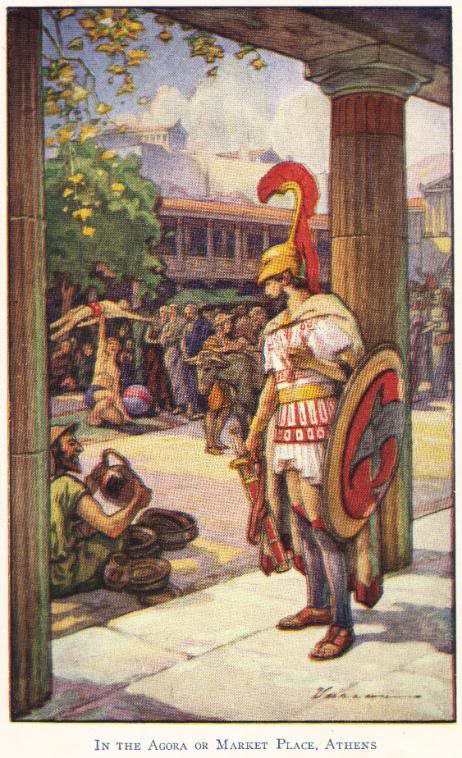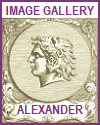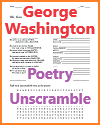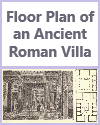| Agora of Ancient Athens, Greece |
|---|
| www.studenthandouts.com > World History > Ancient Greece > Images of Ancient Greece |
|
In the Agora or Market Place, Athens, Ancient Greece: An agora was more than a marketplace to the ancient Greeks. It was a place for open assemblies. Greek citizens would meet in the agora to hear statements from their rulers. The term agora is the origin of the term agoraphobia, which refers to a fear of public situations. Click here to enlarge. The Agora was the central marketplace and civic hub of ancient Athens and played a crucial role in the daily life of Athenians. It was much more than just a place for commerce; it was the heart of the city's public and social life.
Commercial and Economic Activities: The Agora was the primary marketplace of Athens, where merchants, traders, and artisans gathered to sell their goods and services. It was a bustling center for economic activities, where everything from food and clothing to pottery and jewelry was bought and sold.  Political Activities: The Agora served as a central location for political gatherings and discussions. The city's democratic assembly, the Ekklesia, met in the Agora to make decisions on matters of governance, law, and policy. It was also the site of various administrative buildings, including the Bouleuterion (council chamber), where the Boule (Council of 500) conducted its business.
Political Activities: The Agora served as a central location for political gatherings and discussions. The city's democratic assembly, the Ekklesia, met in the Agora to make decisions on matters of governance, law, and policy. It was also the site of various administrative buildings, including the Bouleuterion (council chamber), where the Boule (Council of 500) conducted its business. Cultural and Social Events: The Agora was a hub for cultural and social activities. It hosted various festivals, performances, and cultural events, including theatrical productions, religious processions, and athletic contests. The Stoa of Attalos, a colonnaded building in the Agora, served as a gathering place and sometimes hosted lectures and philosophical discussions. Religious Practices: The Agora had several important religious sites, including temples, altars, and shrines. The most notable of these was the Temple of Hephaestus, an exceptionally well-preserved Doric temple dedicated to the god of blacksmiths and craftsmanship. Education and Philosophy: Philosophers and scholars, such as Socrates and Plato, frequented the Agora to engage in philosophical debates and discussions. It was a place where intellectual exchange and the pursuit of knowledge were prominent. Social Interaction: The Agora was where Athenians of all social classes gathered for social interaction and to exchange news and information. It was a place where citizens engaged in debates, met with friends, and formed social networks. Legal and Judicial Functions: The Agora also housed several law courts and buildings where legal matters were addressed. These included the Royal Stoa, where legal proceedings took place, and the Tholos, which served as a meeting place for officials and a dining facility for Prytaneis (officials) and foreign dignitaries. A Place for Trade and Civic Services: In addition to the commercial activities, the Agora was home to various civic services, such as banks, weights and measures offices, and official records offices. Public Space: The Agora provided a public space for Athenians to express themselves, engage in public discourse, and participate in the democratic process. It was a place where citizens could voice their opinions and influence the direction of the city. The Agora was the vibrant center of ancient Athenian life, where economic, political, social, cultural, and intellectual activities converged. It was a microcosm of the city's identity as a cradle of democracy and a hub of Greek civilization. |
 |
 |
 |
 |
 |
 |
|---|
| Ancient Greece Books and Films | Ancient Greece Outlines and PowerPoints |
| Ancient Greece Maps and Pictures | Ancient Greece Study Games |
| Ancient Greece Miscellany | Ancient Greece Worksheets |
| www.studenthandouts.com > World History > Ancient Greece > Images of Ancient Greece |








